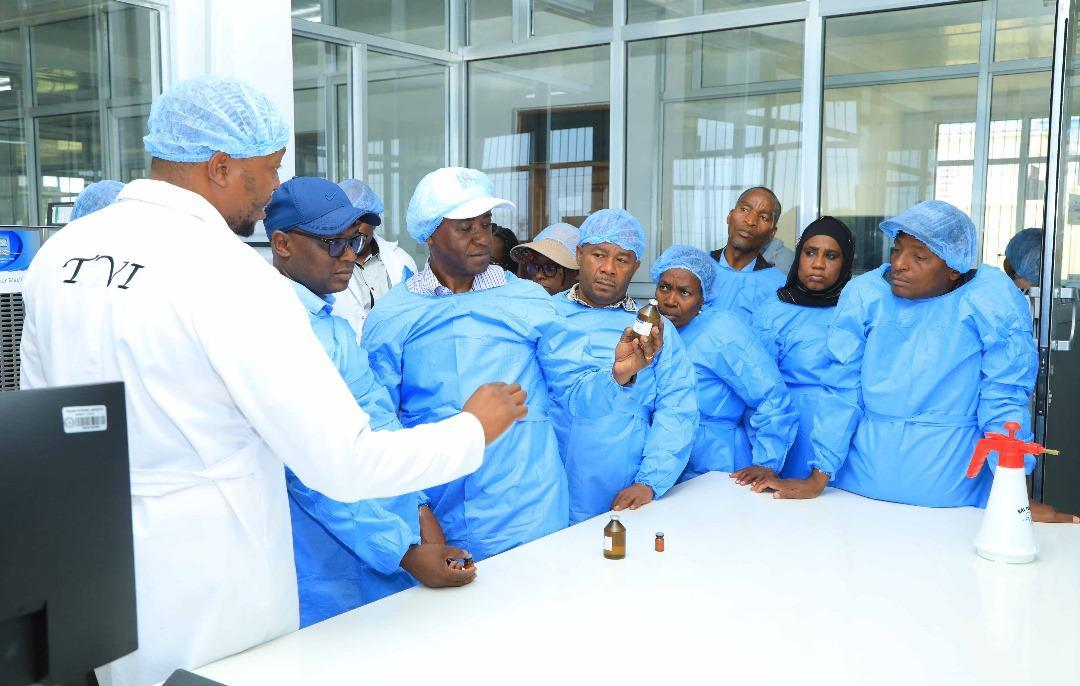Africa-Press – Tanzania. THE Tanzania Veterinary Laboratory Agency (VTLA) plans to increase its vaccine production to 250 million doses annually by 2025/26, up from the current 150 million doses.
This initiative, which will enhance livestock productivity, was revealed by VTLA Chief Executive Officer Dr Stella Bitanyi during a briefing to the Parliament Committee on Industries, Trade, Agriculture and Livestock.
The committee had visited the Tanzania Vaccines Institute (TVI) in Kibaha District, Coast Region.
Dr Bitanyi highlighted that the agency’s capacity will expand to produce up to 250 million doses per year, thanks to improvements and the introduction of two new vaccines currently in trials.
“These developments will play a key role in boosting vaccine availability, ensuring better livestock health and productivity,” she added.
She said so far they produce seven vaccine including Temevac I-2 Vaccine ( for Newcastle diseases), CBPP Vaccine, Anthrax Vaccine, Black quarter vaccine, Brucella Vaccine and Tecoblax (mixture of Anthrax and Black quarter vaccine).
Deputy Minister for Livestock and Fisheries, Mr Alexander Mnyeti, said the ministry, through its institutions, continues to educate farmers especially those in rural areas about the importance of vaccinating their livestock.
He explained that some farmers fail to vaccinate their livestock due to various misconceptions so the ministry’s role is to continue providing education, emphasising that there are sufficient vaccines available.
He urged farmers to utilise the vaccines for their benefit and for the benefit of the nation as a whole to grow the economy.
“I urge farmers to abandon the misconception that vaccines kill animals. If you take proper care of them (livestock) from birth even after vaccination they will not die,” said Mr Mnyeti.
He advised farmers to follow the established procedures by contacting the extension officers to access the necessary services in a timely manner.
Chairman of the Committee, Mr Deodatus Mwanyika commended the TVLA for producing livestock vaccines that are improving animal health in the country.
“The committee has witnessed the great capability of the laboratory in producing vaccines, so people should be educated on the importance, benefits and need for vaccines to do away with misconceptions, myths and doubts as vaccines are crucial for the future of livestock keeping,” Mr Mwanyika stressed.
For More News And Analysis About Tanzania Follow Africa-Press







